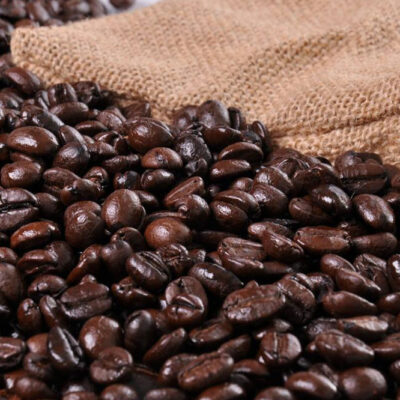
7 Foods to Avoid with Atrial Fibrillation
Atrial fibrillation, or AFib, is a heart condition that causes irregular or rapid heartbeat. While many who have AFib never experience any symptoms, those that do may experience shortness of breath, chest pain, and heart palpitations. If you experience any of these symptoms, a heart doctor will likely place you on AFib irregular heart medications, or suggest the surgical intervention of a pacemaker to help maintain a steady electrical heart signaling connection, and recommend that you follow a heart healthy diet that does not include the following 7 foods:
1. Caffeine
If you’ve ever had too much coffee in the morning, you know that caffeine is a stimulant that can make your heart race. Doctors commonly discourage patients with heart issues from drinking caffeine due to its link with an increased heart rate. Moreover, caffeine causes dehydration, which can lead to an AFib event. That said, if you drink fewer than four cups of coffee a day, you should be fine. But, all the same, consult your doctor to confirm if your normal caffeine intake is safe, and cut out caffeine supplements and energy drinks, especially mixed with alcohol.
2. Alcohol
While caffeine’s status as a risky food for AFib patients has been questioned, there’s no doubt about alcohol—if there’s one drink you should avoid as an AFib patient, it’s this. A moderate to high intake of alcohol, between 1 and 14 drinks a week for women and between 1 and 21 drinks a week for men, has been shown to increase risk of an AFib episode. Heavy drinking or binge drinking, which occurs when you consume over 5 drinks in one day, is also strongly discouraged by heart doctors.
3. Cranberry juice
Because AFib increases the risk of stroke, many patients are placed on blood thinners to reduce the risk of blood clots. Unfortunately, several foods interact poorly with blood thinners. Cranberries have long been suspected to be one of these foods, with several patients claiming that cranberry juice intensified the effects of the anticoagulant warfarin and caused usual bleeding. However, this evidence was entirely anecdotal and studies have since suggested that drinking cranberry juice while on blood thinners is fine in moderation.
4. Asparagus
Some foods, on the other hand, can genuinely interfere with blood thinners. Such foods often contain high concentrations of vitamin K, such as leafy greens, broccoli, and asparagus. Given that vitamin K is used by the liver to help blood clots form, a high intake of vitamin K can reduce the efficacy of blood thinners.
5. Grapefruit
Grapefruit can interfere with the function of the proteins that are responsible for breaking down medications, including blood thinners, certain blood pressure medications, and some heart rhythm medications, in the liver and small intestine. As such, the medications are not processed as they should, and the blood levels of the medications increase, intensifying side effects. If you are on any medications, consult your doctor before eating any grapefruit.
6. Salty foods
Reducing the amount of sodium in your diet is fairly standard for patients experiencing heart issues. Salt, especially in high concentrations, can increase your blood pressure, causing hypertension and doubling risk of developing AFib. In fact, studies have shown that salt consumption can be directly correlated with the risk of AFib, though there is no evidence to suggest that salt intake directly causes AFib. Regardless, reducing your sodium intake is an important part of maintaining a heart-healthy diet.
7. Gluten
Gluten-related digestive issues, such as gluten-intolerance, a wheat allergy, or Celiac Disease, can trigger AFib episodes or worsen symptoms. An adverse reaction to gluten can cause inflammation in the body, affecting the vagus nerve and impacting the heart, including any AFib symptoms you may exhibit. If you notice more frequent or intense AFib episodes after eating foods like bread or pasta, reduce or stop your gluten intake and consult your doctor.
If you’ve been diagnosed with atrial fibrillation, it’s vital to keep your doctor informed of any new or worsening symptoms. Your healthcare provider will talk you through the various medical treatments for atrial fibrillation, like pacemakers, beta and channel blockers, antiarrhythmic and blood thinner medications, and more serious surgical options like catheter and cardiac ablation.


